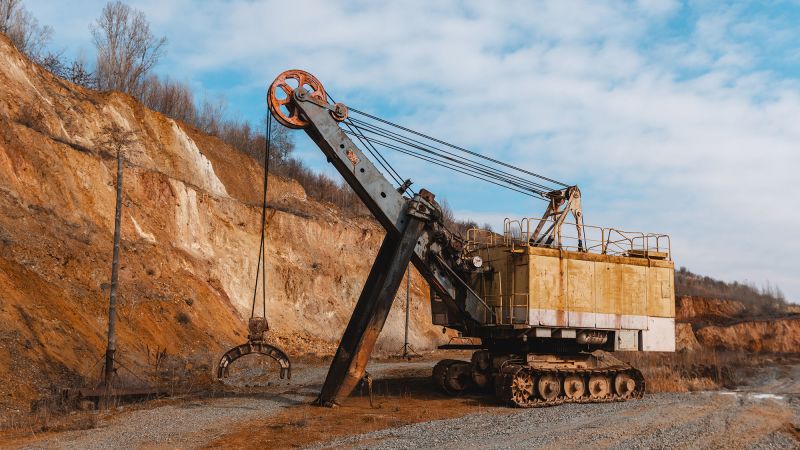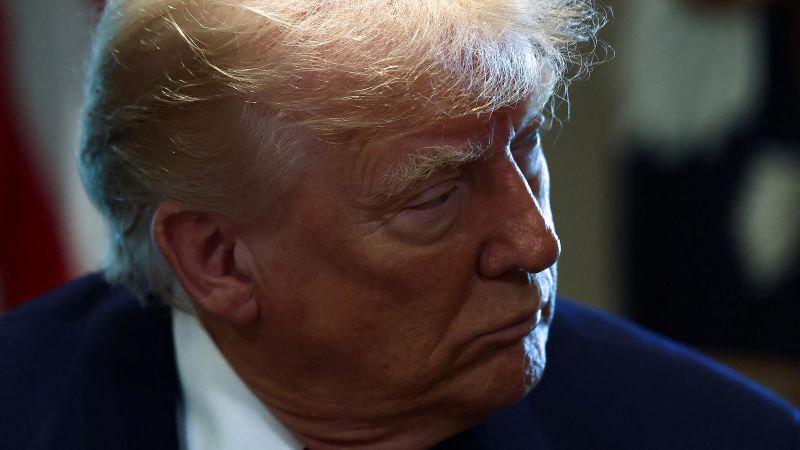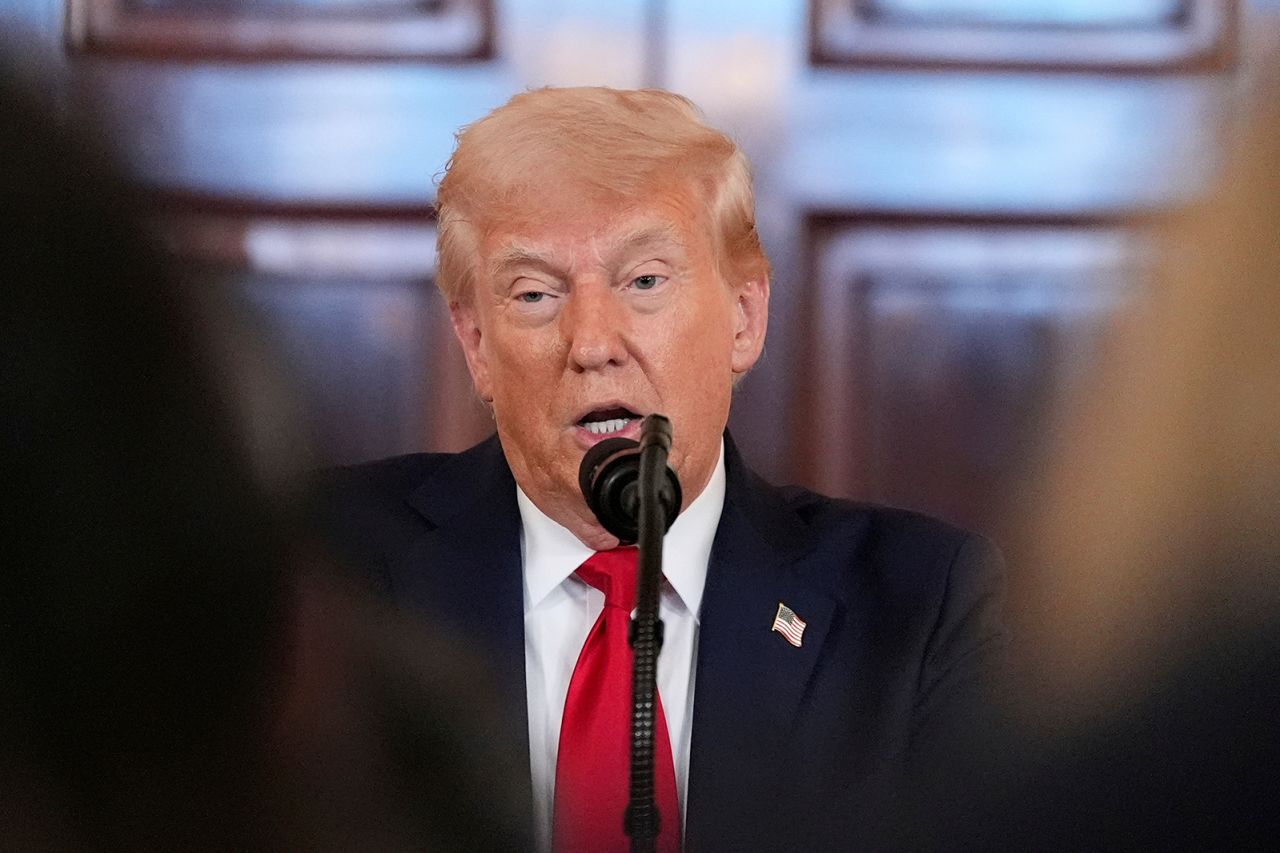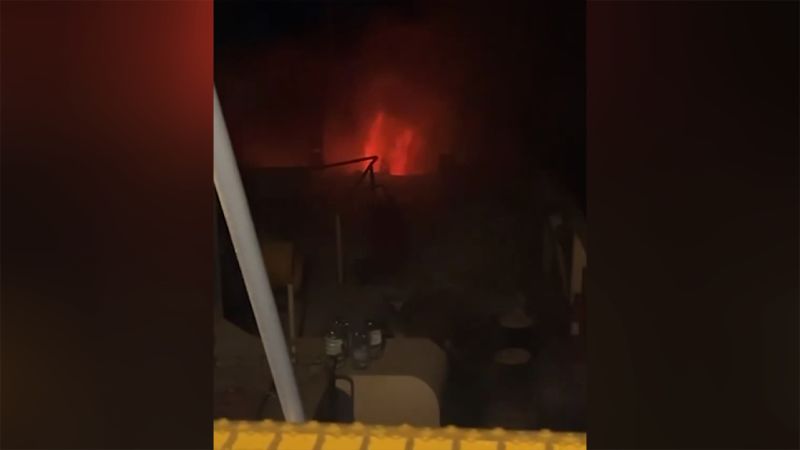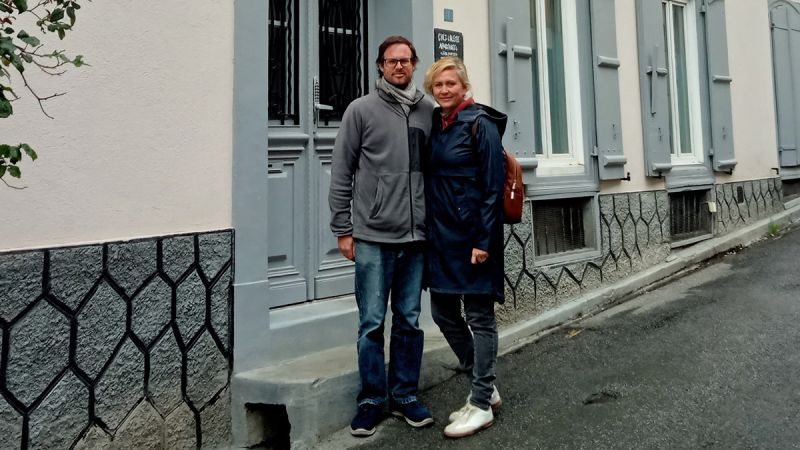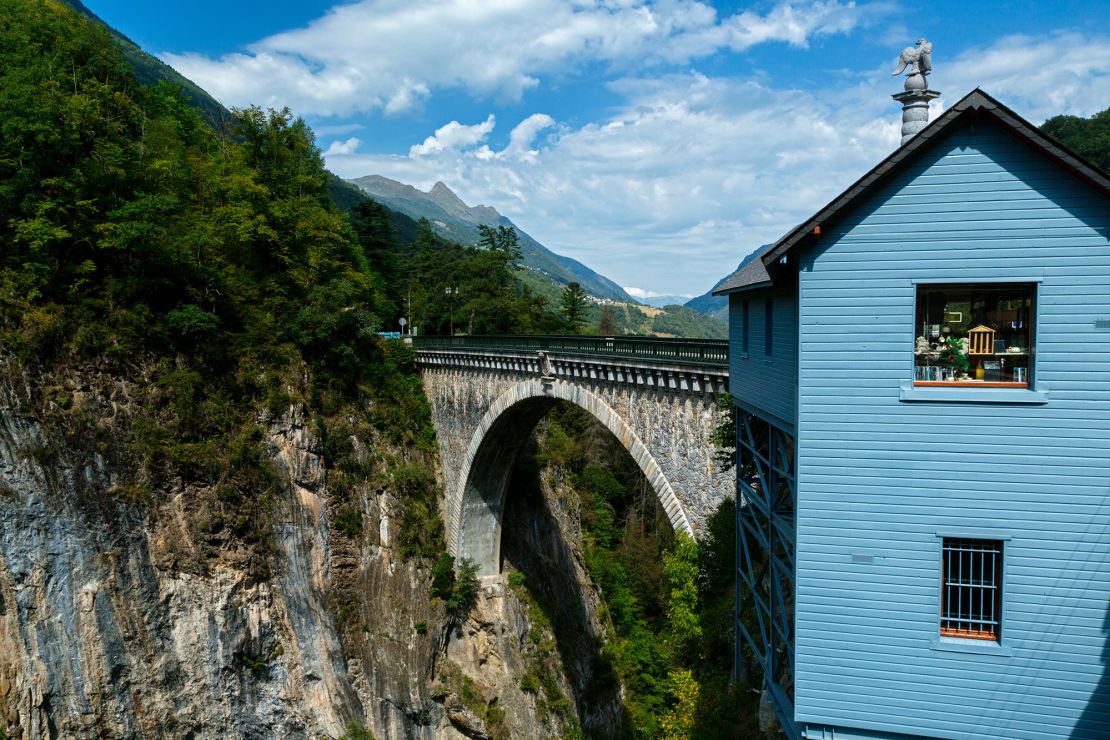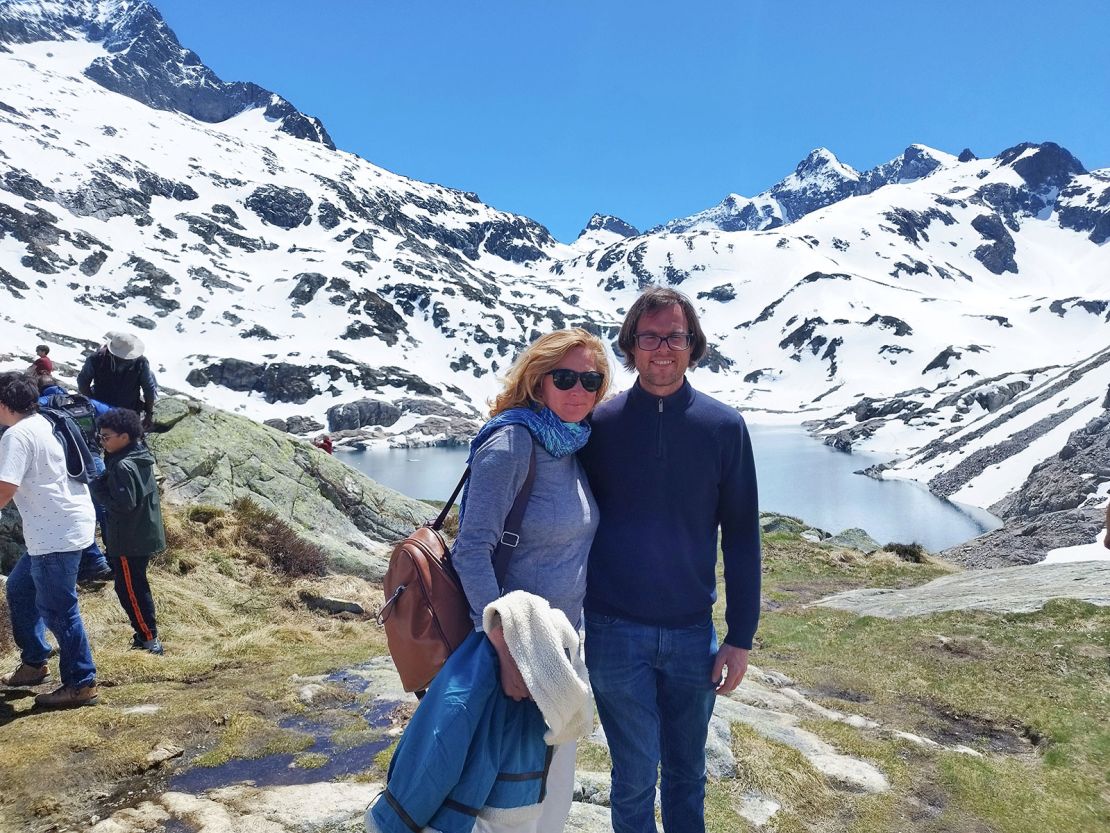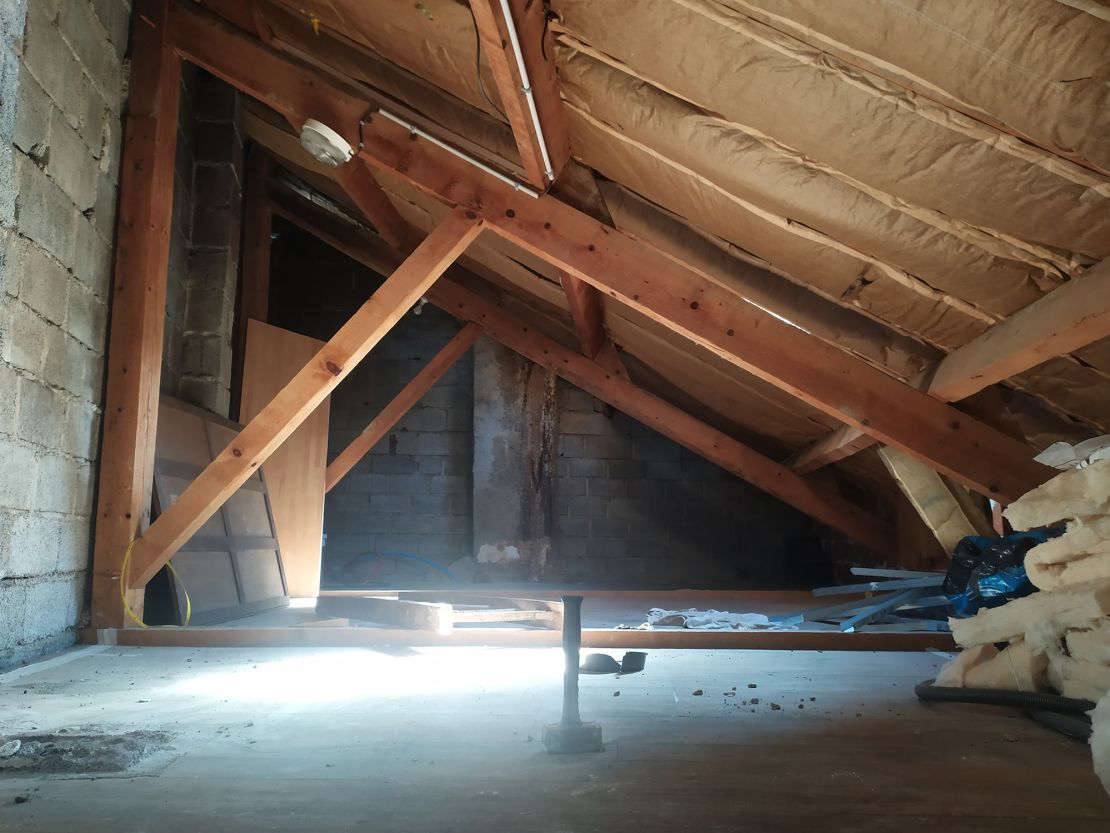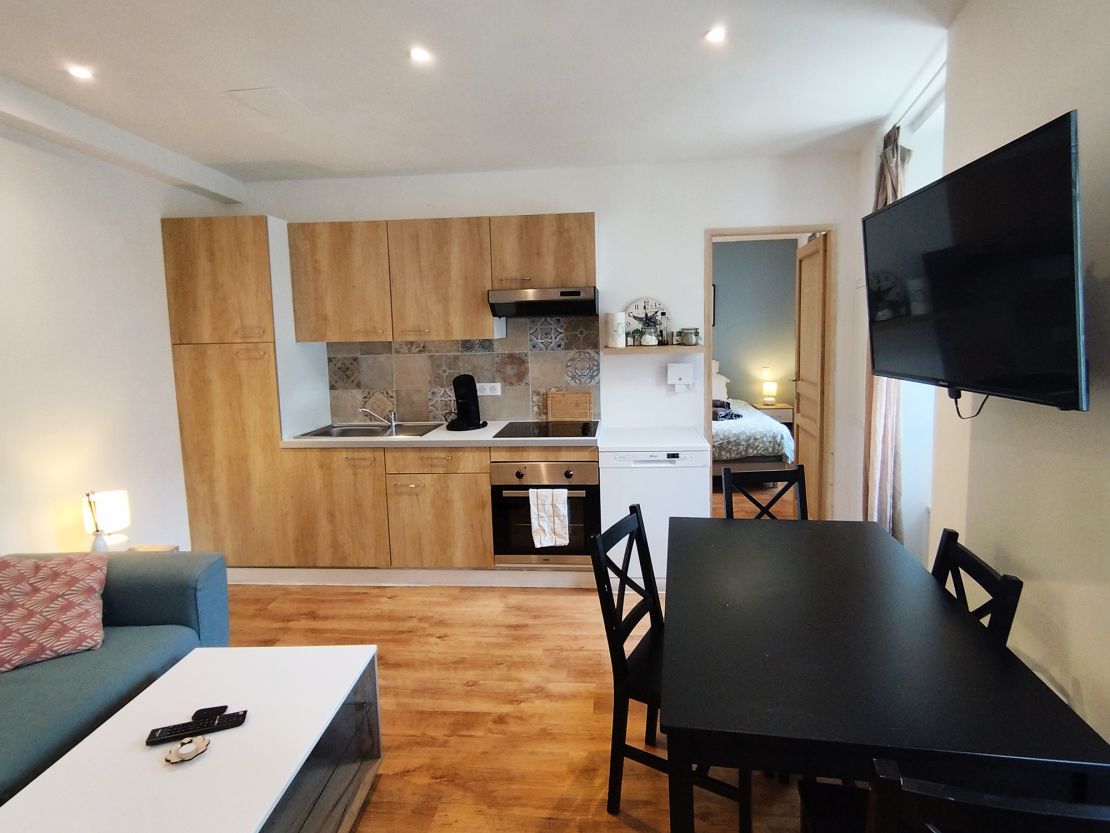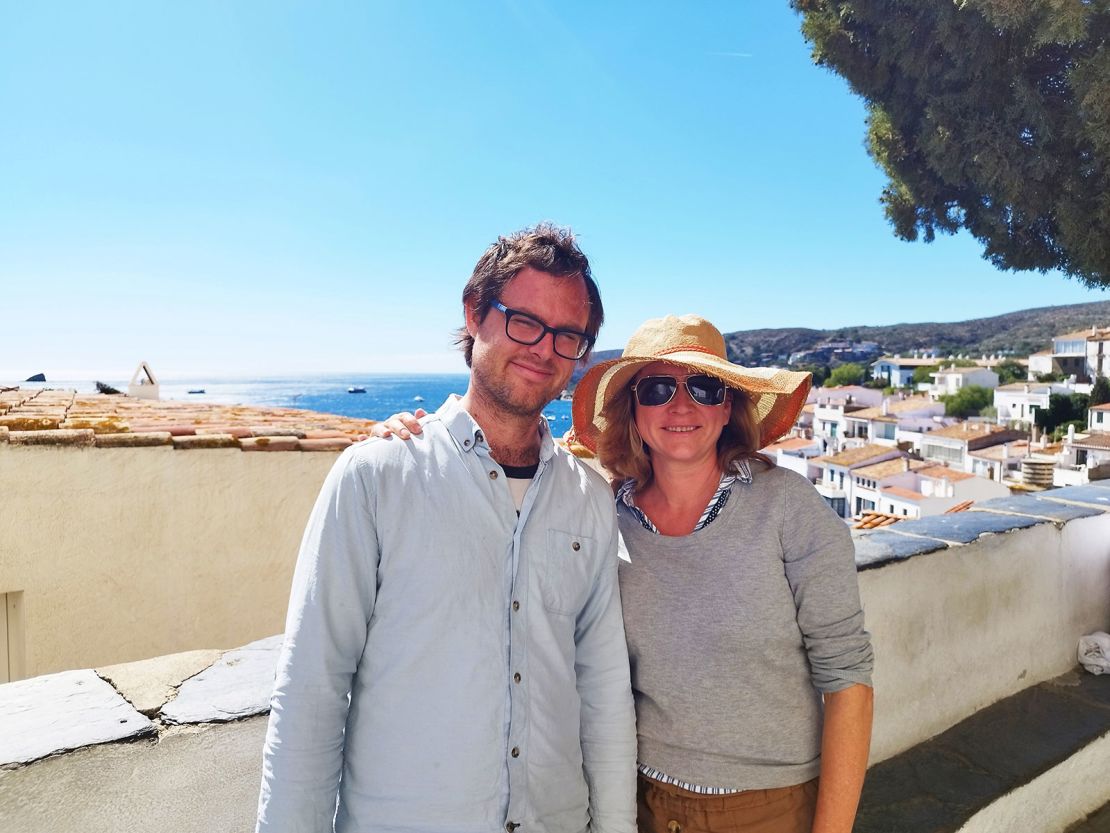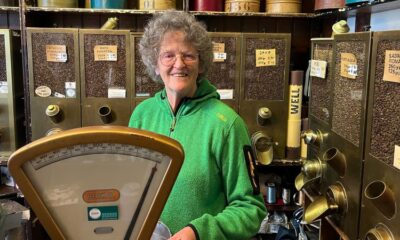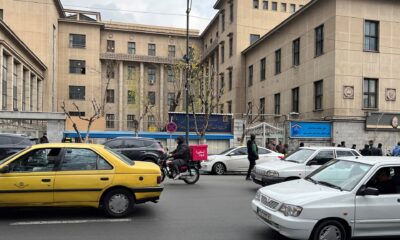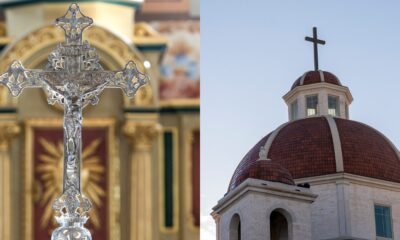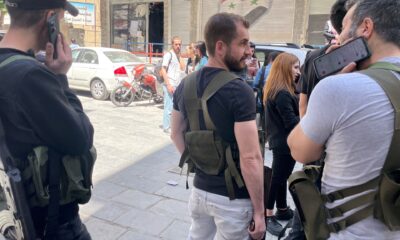CNN
—
Ukraine managed to wrangle some more favorable terms out of the United States before signing the long-awaited minerals deal on Wednesday.
The agreement on natural resources was finally struck late on Wednesday, after weeks of tense bargaining that at times turned sour and temporarily halted Washington’s aid to Ukraine.
Kyiv eventually convinced US President Donald Trump to drop some of his key demands but failed to make American security guarantees part of the agreement.
Ukrainian officials touted the final accord as an equal partnership between Kyiv and Washington – a notable shift from some of the earlier drafts which were described by Ukraine’s leader President Volodymyr Zelensky as the US asking him to “sell my country.”
The signed deal, seen by CNN, does indeed appear to be more favorable to Ukraine than some of the previous versions. Here’s what we know.
Aid: Crucially, the deal does not call for Kyiv to reimburse the US for the aid it has already received – a key concession from Trump who has long framed the agreement as Ukraine “paying back” the US.
Washington initially demanded a $500 billion share of Ukraine’s rare earths and other minerals in exchange for the aid it has already provided to Kyiv. When Zelensky rejected that idea, Trump called him “a dictator.”
Instead, the agreement that was inked on Wednesday says that future American military assistance to Ukraine will count as part of the US investment into a joint reconstruction investment fund that will be used to pour money into Ukraine’s natural resources.

Natural resources: The deal gives the US preferential rights to mineral extraction in Ukraine and states that Kyiv will have the final say in what and where is being mined. Ukraine will also retain the ownership of the subsoil.
“All resources on our territory and in our territorial waters belong to Ukraine. It is the Ukrainian state that determines where and what to extract,” said Ukraine’s Economy Minister Yulia Svyrydenko, who signed the deal on behalf her country.
And although Trump has referred to the agreement as a “rare earth” deal, the accord signed on Wednesday goes well beyond that by including other natural resources such as oil, natural gas, gold and copper.
The tone: In a win for Ukraine, the deal also adopts a strong language on the war with Russia itself. It points at Moscow as the aggressor in the conflict, diverging from some of Trump’s previous false statements about Ukraine and Zelensky being responsible for the war.
The deal also spells out the goal of the agreement as “a peaceful, sovereign and resilient Ukraine” – a notable step away from Trump saying earlier this year that, “Ukraine may be Russia some day.”
EU guarantees: It also keeps the door open for Ukraine’s potential future membership in the European Union, saying that investment needs to be made in accordance with Ukraine’s obligations as an EU candidate state. It adds that if Ukraine was to join the bloc in the future, this deal would be renegotiated “in good faith.”
A boost for the US: But the terms of the agreement also show the US has secured a host of advantages for itself.
US Treasury Secretary Scott Bessent characterized it as a “historic economic partnership,” saying in a statement that it “signals clearly to Russia that the Trump Administration is committed to a peace process centered on a free, sovereign, and prosperous Ukraine over the long term.”
The agreement seen by CNN also specifies that the earnings and other payments made as part of the deal will be tax-free and not subject to any levies or duties by Ukraine.
It also says that if a conflict arises between the wording of the agreement and Ukraine’s law, the deal will have a legal precedent.
Security questions: Ukraine has dropped its key demand that the US provides security guarantees as part of this agreement. It was this demand that ultimately led to the shouty meeting between Zelensky and Trump in the Oval Office in February.
Trump then refused to provide security guarantees, saying he wanted Ukraine to sign the agreement first and talk about guarantees later.
At the time, Zelensky refused, but Ukrainian officials have since indicated that they believe that US investment and the presence of American companies in Ukraine will make Washington more interested in Ukraine’s security.
Exclusive access for the US: While it ensures the US receives preferential access to Ukraine’s mineral riches, the deal doesn’t guarantee any exclusive rights.
Existing resources: The deal is limited to new projects, which means the US and Ukraine will have to invest in order to see profits. Existing mining operations that are already generating revenue for the Ukrainian government are excluded.
This clause puts a question mark over the benefits of the deal for the US. While Ukraine has large reserves of several valuable materials, the process to extract some of them is expensive and technically difficult.
Gavin Mudd, the director of the Critical Minerals Intelligence Centre at the British Geological Survey, told the non-profit Science Media Center that the production of some minerals – such as titanium, lithium or graphite – could be achieved quickly, if the regions where the deposits are are secure.
“However, in the case of rare earths, it will take years to ramp up capacity – studies will need to be completed to assess and determine how best to mine the deposits and process the ores and produce rich concentrate, and a new refinery will be needed to produce high purity metals and oxides for use in numerous technologies. All of this sits alongside the need to actually mine the minerals” he said.
The Ukrainian government has in the past made the argument that its mineral deposits are one of the reasons the West should support Ukraine – to prevent these strategically important resources from falling into Russian hands.
Experts agree with that idea. Liam Peach and Hamad Hussain, economists at Capital Economics, wrote in an analyst note on Thursday that the agreement “provides some reassurance that the Trump administration is not planning on abandoning Ukraine altogether” because it establishes US economic interests in Ukraine.
The deal strengthens Ukraine’s position, but doesn’t necessarily bring the war closer to the end as it is separate from any negotiations with Russia. Those talks appear to be stalling, as Moscow continues to refuse a 30-day ceasefire agreement proposed by the US and agreed by Ukraine.
Meanwhile, the devastating war keeps raging. Seven people died in occupied Ukraine Thursday, with Russian and Ukrainian officials trading claims over the attack
Shelby Magid, the deputy director of the Atlantic Council’s Eurasia Center, wrote in a note that the deal puts the Ukrainians “in their strongest position yet with Washington since Trump took office.”
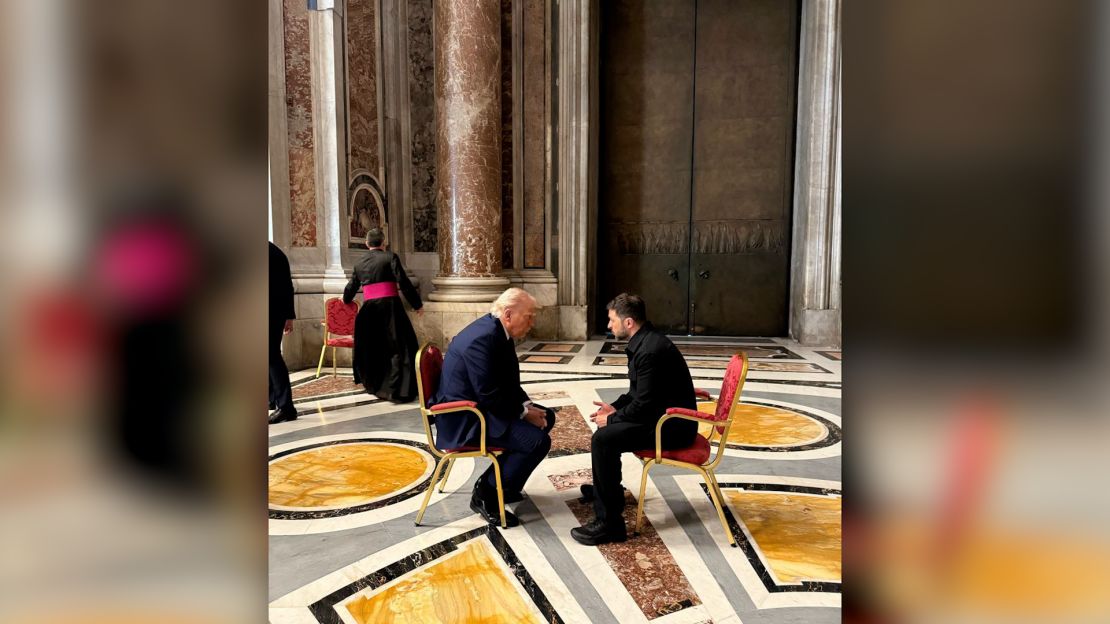
The road to it was incredibly rocky, with the US temporarily suspending aid to Ukraine after the disastrous Oval Office meeting.
Negotiations continued behind the scenes in the weeks that followed. In the meantime Trump began losing patience with Putin’s stalling over a peace deal, giving an opening to Kyiv to repair ties.
In the end, it seems that the two leaders just needed to talk to each other privately, without cameras and away from aides who have derailed the process in the past.
Trump and Zelensky spoke at the funeral of Pope Francis on Saturday. A photograph of the two of them huddled together inside St. Peter’s Basilica showed them in a discussion, leaning towards each other.
Zelensky said on Thursday the signing of the minerals deal was “the first result of the Vatican meeting.”
“President Trump and I used every minute of our time to the fullest. I am grateful for that,” he said.
It was after this meeting that Trump questioned whether Russian leader Vladimir Putin wants a peace deal and floated the idea of imposing more sanctions on Moscow. Just days later, the minerals deal was signed.
“Ukrainian officials showed they could manoeuvre and persevere to ultimately get a fair deal. While the Trump administration put tremendous pressure on Ukraine to accept earlier deals, Ukraine managed to show that it is not just a junior partner that has to roll over and accept a bad deal,” Magid said.
However, there was some more drama on Wednesday, when a last-minute disagreement over which documents would be signed on Wednesday threatened to derail the deal.
Materials such as graphite, lithium, uranium and the 17 chemical elements known as rare earths are critical for economic growth and national security.
They are essential to the production of electronics, clean energy technology, including wind turbines, energy networks and electric vehicles, as well as some weapons systems.
China has long dominated the global production of rare earth minerals and other strategically important materials, leaving Western countries desperate for other alternative sources – including Ukraine.
The US largely depends on imports for the minerals it needs. Of the 50 minerals classed as critical, the US was entirely dependent on imports of 12 and more than 50% dependent on imports of a further 16, according to the United States Geological Survey, a government agency.
Ukraine, meanwhile, has deposits of 22 of these 50 critical materials, according to the Ukrainian government.
The country has some of the world’s largest deposits of graphite, lithium, titanium, beryllium and uranium, all of which are classed by the US as critical minerals. Some of these reserves are in areas that are currently under Russian occupation.

